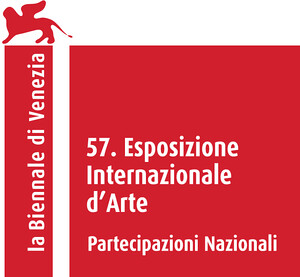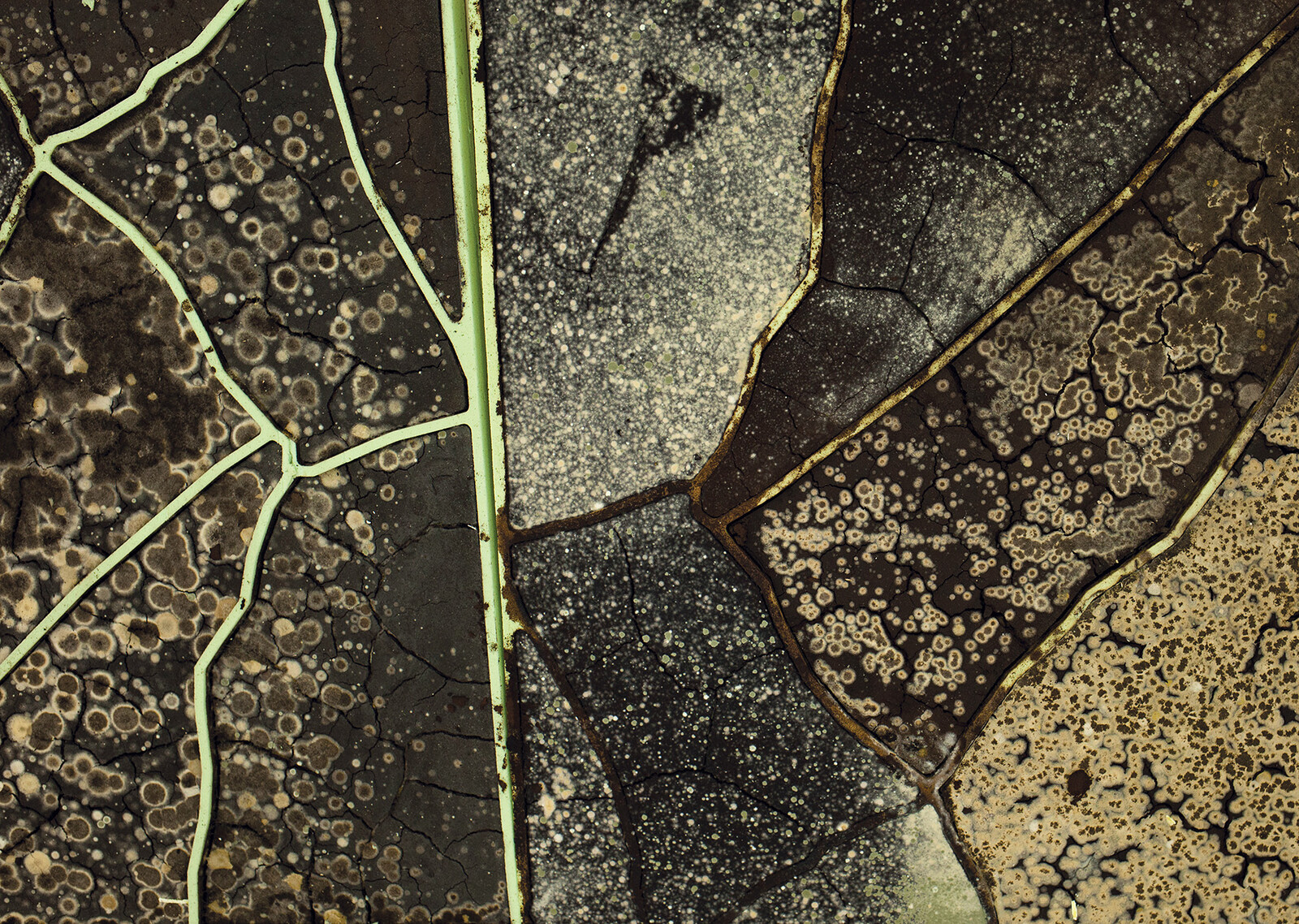Sun Stand Still
May 13–November 26, 2017
Metropolitan City of Venice
30122 Venice
Italy
Curator: Tami Katz-Freiman
Sun Stand Still, Gal Weinstein’s project for the Israeli pavilion at the 57th Venice Biennale, is a new, site-specific installation which explores the human desire to stop time. Reflecting a fascination with actual and potential forms of creation and destruction, progress and devastation, this project critically engages with the mythological and romantic images embedded in Israel’s collective memory. Each part of the exhibition is related to works created by Weinstein over the past decade, so that his entire oeuvre is woven into a single, cohesive installation.
The installation’s title refers to the biblical miracle performed by the ancient Israelite leader Joshua Bin-Nun, who sought to win his battle against the kings of Canaan before darkness fell. By commanding the sun to stop in its course, Bin-Nun attempted to arrest the passage of time. The central axis of the project—Moon over Ayalon Valley—is a representation of this biblical miracle. The exhibition transforms the national pavilion—both physically and metaphorically—into an abandoned site; a desolate, moldy and decaying building whose days of glory have long passed, a ghostly space pervaded by signs of decline.
Jezreel Valley in the Dark—a floor installation on the intermediate level—consists of puzzle-shaped agricultural plots filled with coffee dregs. This “agricultural laboratory” is an ironic inversion of agricultural processes, as actions related to order, cultivation, and maintenance are replaced by inaction and neglect. On the pavilion’s upper level, Weinstein’s preoccupation with freezing time is underscored in a sculptural work depicting a missile or satellite launch pad made of Acrilan fiber.
The project may be interpreted as a melancholic and poetic allegory of the Israeli story—one composed of miraculous acts and moments of enlightenment as well as neglect and destruction, a story vacillating between a megalomaniac soaring to great heights and a resounding crash. The divine miracle in the Ayalon Valley is related here to the Zionist project of conquering a seemingly barren wilderness, alongside expressions of technological progress and the mold agriculture. However, taken together, these works create a narrative that may also be read as a post-apocalyptic vision, revealing the cost of human hubris in the enterprise of civilization.
About the artist
Gal Weinstein, who lives and works in Tel Aviv (b. 1970), is one of Israel’s most prominent mid-career artists. He is known for his large-scale, site-specific installations and his unique choice of materials defined by the logic of cheap mass production. His works reflect the complex contemporary Israeli conception of the landscape and its political, material, and symbolic resonances. Weinstein’s works have been featured extensively in major international exhibitions, including the San Francisco Art Institute (2001); 25th São Paulo Biennale (2002); Art in General, New York (2003); Centro Huarte de Arte Contemporáneo, Pamplona, Spain (2007) and Kunsthaus Baselland, Basel, Switzerland (2011). He has also had solo shows in Israel’s leading museums, including the Herzliya Museum of Contemporary Art (2002); The Helena Rubinstein Pavilion for Contemporary Art (2005) and The Israel Museum, Jerusalem (2006). Weinstein has participated in group exhibitions in major museums and galleries worldwide, including Kunstmuseen Krefeld, Germany (2003); Martin-Gropius-Bau, Germany (2005); the Museum of Contemporary Art (MARCO), Vigo, Spain (2006); Mercosul Biennial, Brazil (2011); MAC, France (2013); MACRO, Rome (2013) and the 4th Thessaloniki Biennial of Contemporary Art, Greece (2013).
About the curator
Tami Katz-Freiman is an Israeli art historian and an independent curator of contemporary art based in Miami, Florida. She began her career as a curator in 1992, and has since curated numerous group and solo exhibitions in prominent museums in Israel and the United States. In 2005–2010, she served as the Chief Curator of the Haifa Museum of Art. In 2008–2010 she taught feminist theory and contemporary art courses in the Department of Art History, Tel Aviv University. She also taught curatorial studies at the International Curatorial Program of the School of Art and Technology in Tel Aviv. In addition to catalogue essays, she has published numerous articles in major contemporary art books and journals. In 2012, she curated two major exhibitions: Critical Mass: Contemporary Art from India (with Rotem Ruff) at the Tel Aviv Museum of Art, and Unnatural at the Bass Museum of Art, Miami Beach. She is a board member of AIRIE (an art residency program in the Everglades, Florida), and a member of IKT, International Association of Curators of Contemporary Art, and AICA/USA, International Association of Art Critics.
Sponsors & acknowledgements
The Israeli Pavilion is realized under the auspices of the Israel Ministry of Culture and Sport, Museums & Visual Art Department; Israel Ministry of Foreign Affairs, Division for Culture and Scientific Affairs; The Israeli Embassy, Rome. The project is also generously supported by the Israel Lottery Council for the Arts; Bracha and Roy Ben-Yami; Compagnie Bancaire Helvétique (CBH); Ronny Douek; The Philip and Muriel Berman Foundation; Outset Contemporary Art Fund Israel; Wendy Fisher; Moise Y. Safra Foundation; Artis Grant Program; Merav and Mudi Ben-Shach; ArtSeeker.com; Strauss Coffee; Luxembourg & Dayan Gallery; Adi and Micky Tiroche; The Israeli Arts Foundation, Tel Aviv University; Art Fund Israel / Sharon and Gil Brandes; Adi and Doron Sebbag; Ami and Orit Harlap; Shenkar – Engineering. Art. Design.
Gal Weinstein is represented by Riccardo Crespi Gallery, Milan; Gordon Gallery, Tel Aviv; Keitelman Gallery, Brussels and Plutschow Gallery, Zurich.
About the catalogue
Sun Stand Still will be accompanied by a bilingual catalogue, designed by Magen Halutz, with a curatorial essay by Tami Katz-Freiman and four additional essays by Anne Ellegood, Senior Curator at the Hammer Museum, Los Angeles; Sabine Schaschl, Director of Museum Haus Konstruktiv, Zurich; Ofra Eshel, Supervising Analyst at the Israel Psychoanalytic Society; Yair Zakovitch, Emeritus Father Takeji Otsuki Professor of Bible at the Hebrew University of Jerusalem and two poems by Eli Eliahu, poet and journalist.
International press contact
Elena Necchi, Scott & Co, elena [at] scott-andco.com / T +44 20 3487 0077 (UK office) / M +39 331 9968488 (Italian mobile)


